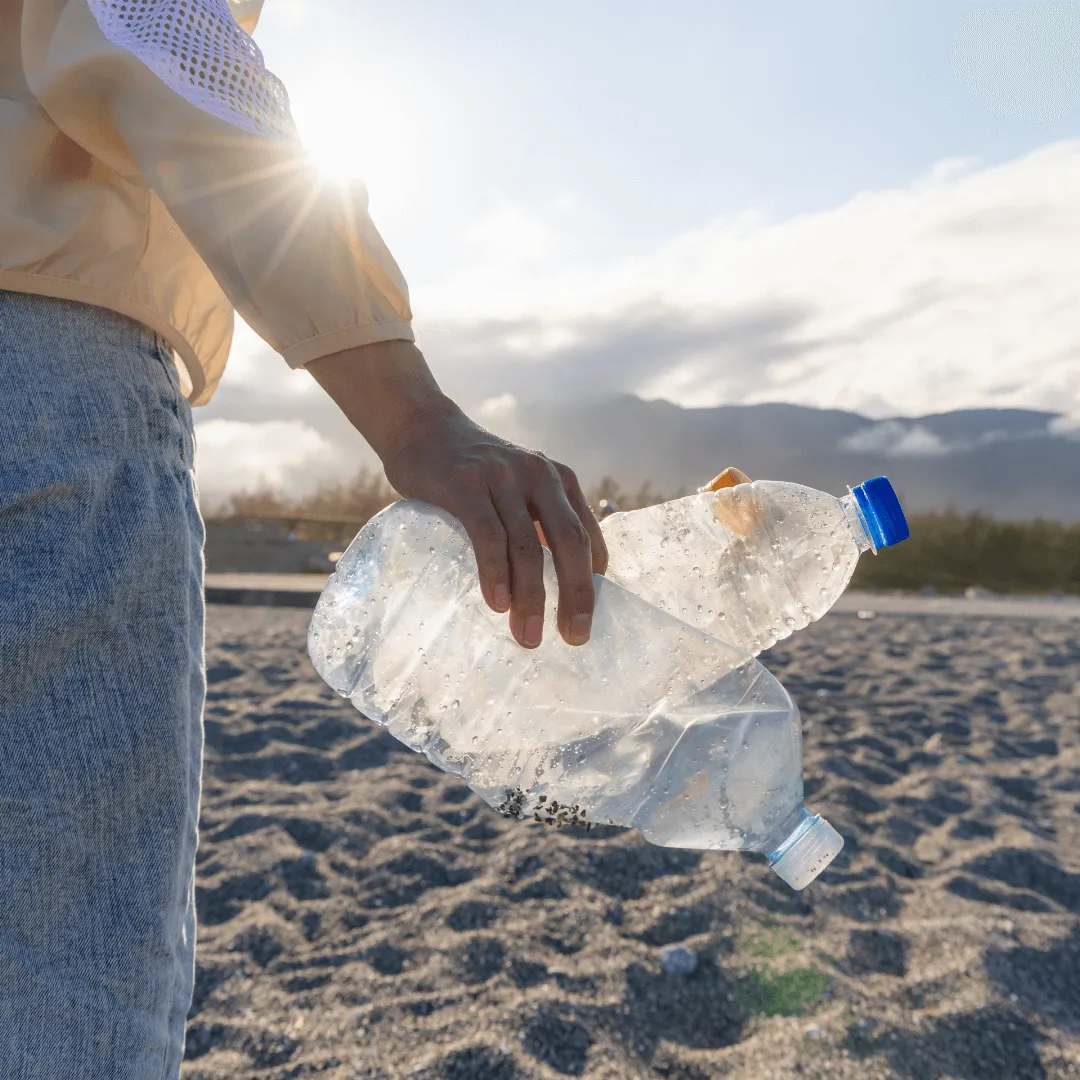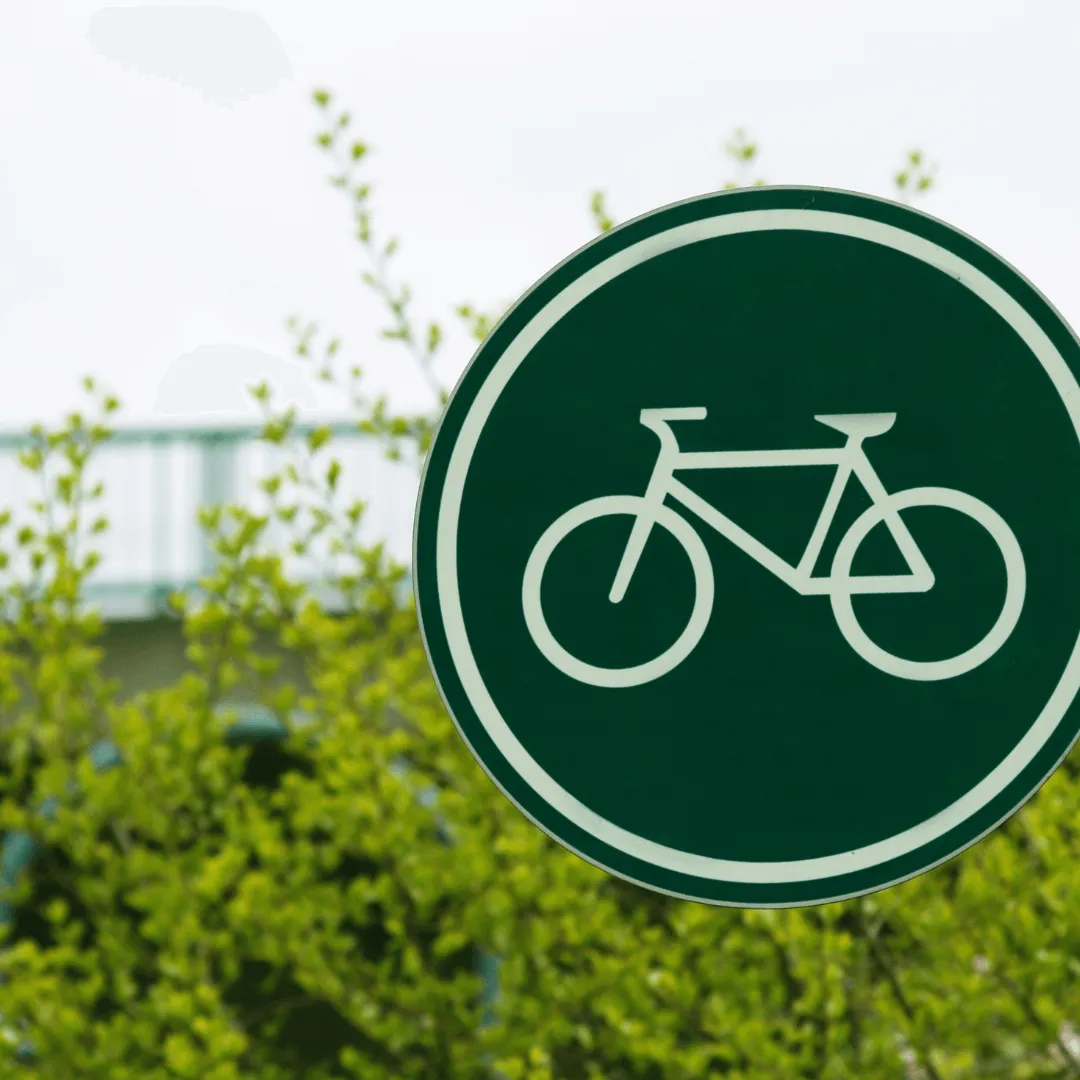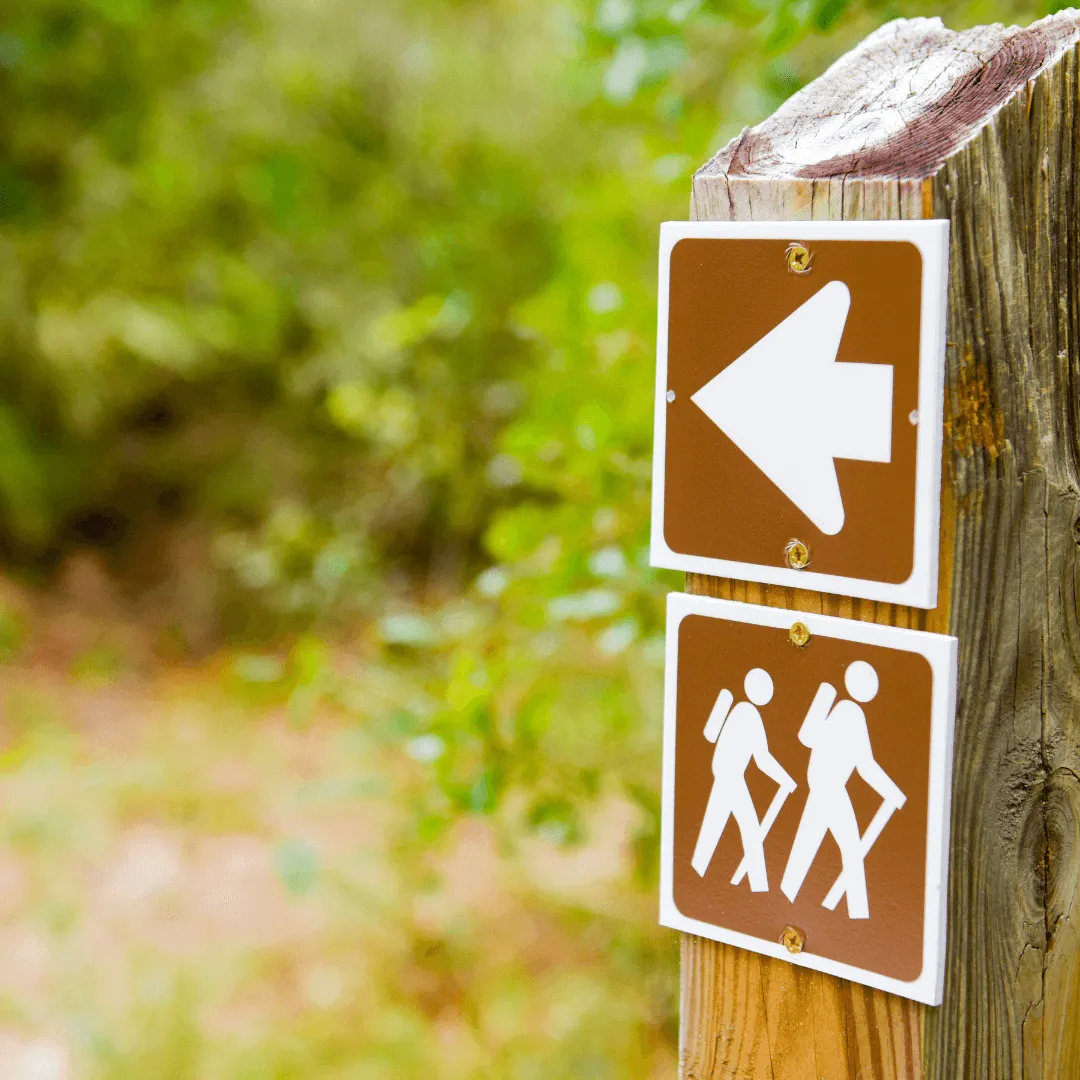10 tips to make your trips more ecologically friendly
You have the power to travel responsibly while still enjoying every moment of your trip – we tell you how! No matter where your travels take you, these simple actions will help you reduce your environmental impact, set an example for others to follow and help improve the way we all share the planet.

1. Book Hotels or resorts that are environmentally responsible
Do they dump hotel sewage into the local river or water system without treatment? Do they use solar panels or electricity from sustainable sources? Are the chemicals they use in washing and cleaning sustainable? These are important issues, and while finding out detailed information might be too time-consuming, instead look for hotels that display environmental accreditations from independent organizations such as B Corp or the United Nations Global Compact.
2. Take care not to litter
Discarding trash on beaches, parks, roads, or camps not only affects the beauty of the surroundings but also creates an unhealthy environment. Leaving trash on the beach or throwing it in the water can choke marine animals, damage coral reefs, and contribute to an overgrowth in algae, depleting oxygen from water. Garbage strewn on land can enter waterways via surface runoff, clogging city canals and open drains. In many countries, there are good recycling opportunities for your waste with separate bins in many public areas. Most importantly though, if you are staying at a hotel or see a restaurant or shop you are visiting doing bad practices like dumping waste in the sea, river, or just not recycling, then challenge them and leave feedback online for others to see. As a consumer, you have great power to effect change.
3. Ditch plastic bottles
Only a small percent of PET bottles is recycled, while most end up in landfills. Plastic chokes animals, leaks chemicals and affects soil fertility. Rather than buying bottled water, carry stainless steel bottles and fill them up from your hotel, public restrooms, museums, fountains or other public places. More and more, hotels are implementing plastic waste management plans, which include serving water in paper sealed glass bottles. You may want to consider hotels that offer guests an eco-friendly alternative to bottled water.
4. Conserve energy
A simple way to reduce your environmental impact while travelling is to turn off the air conditioning / heating and lights in your hotel room when you sleep or leave the room (if your hotel doesn't have a key card system that automatically switches off electricity supply when you vacate). Back home too, you can conserve energy by unplugging non-essential devices before you leave on your trip (devices like some TVs, gaming consoles and power charges left in standby mode still consume significant amounts of power).


5. Avoid using Bitcoin for Small Purchases
Bitcoin's energy needs are "enormously large," according to the Cambridge Centre for Alternative Finance. Bitcoin accounts for around 0.5% of total global electricity consumption. That is roughly the energy use of a country the size of The Netherlands. According to some estimates, a single bitcoin transaction has a carbon footprint of 359 kg CO2 – equivalent to the carbon footprint of 795,752 VISA card transactions. Of course cash transactions use even less, so if you care about the environment use cash for small transactions (below 10,000 USD)!
6. Walk or use sustainable transport:
There is a unique charm to taking in the sights and sounds of a city or new destination on foot, on a bicycle, or in a bus, tram/streetcar and passenger train. You get a chance to mingle with the locals and immerse in the scenes around you. Hire electric cars from car rental companies such as Hertz, hail electric taxis (uber and FreeNow let select just electric taxis in many cities), rent electric scooters and electric bikes to get around, use sail boats or sailing yachts for a fun day out on the water. Avoid diesel power as much as possible, not just for the greenhouse gas emissions but also for the particulate pollution that cause millions of deaths around the world each year from lung disease and other disorders.
7. Eat local & avoid buffets
Food grown locally is environmentally-friendly as it requires less fossil fuels to transport. Dig into great-tasting local specialities that use fresh, seasonal produce. There’s a health benefit here as well – seasonal vegetables and fruits are generally harvested at their peak so that they retain their full nutrient content. Order the amount you want to eat rather than eating at restaurants with big buffets where so much food is likely to be thrown out at the end of the day - agriculture is one of the biggest polluters and so don’t encourage excessive wasted food production.
8. Make responsible purchases in stores
If you suspect that a souvenir or locally-made product has come from an endangered species or uses plastic or other unsustainable materials including toxic dyes, avoid it. Quality, reusable products are sustainable purchases compared to fast fashion or items with a short lifespan. You may also want to ask about how the product are made, whether waste from manufacturing processes is dumped in rivers or seas, and if workers are treated well.


9. Stay on trails
Going off the beaten path is alluring but it can be damaging to the local species not to mention dangerous for you! Nature Trails are there for a reason, and venturing away from marked paths is a recipe for disaster. You can lose your way, injury yourself from trips or falls, or even come face to face with an endangered species. As far as environmental effects are concerned, hiking off-trail disrupts wildlife and damages vegetation. You may inadvertently end up trampling threatened plants or insects, bruise stems of local plants, impact soil.... the list is long. This is why we recommend you use companies that work with indigenous people rather than ones that don’t care about the land and animals. For example in Uluru Australia most of the tour companies are owned by westerners, but there are a few which are owned by indigenous tribes and who will show you another deeper and more respectful way to visit their land.
10. Buy a carbon offset scheme
Aviation accounts for only 1.9% of overall transport emissions, lesser than road transport but more than rail and shipping, and much less than the construction industry or agriculture. Nevertheless as an air traveller, you have a great way to balance out your carbon footprint: carbon offset schemes. A carbon offset scheme invests in an environmental project that generates equivalent carbon dioxide savings. You can buy a carbon offset program before your trip to compensate for the unavoidable emissions linked to your international travel.
11. Use Social Media to highlight the companies doing good and those that need to improve
Travel that builds understanding, connections and encourages peaceful co-operation for humans is so vital. Be a traveller and use some of your time and energy to make the companies you interact with on your travels make positive changes. Tell people you know on social media about the choices you are making, it will help influence them too! As described clearly by Bill Gates in his book “How to Avoid Climate Disaster” the biggest impact is the role you have in your daily life as a consumer, investor, voter, and employee. We need to decarbonise huge parts of the global economy and you can help by using the power of your international travel to make changes around the world. If only western countries decarbonise, then the climate crisis will spiral out of control if we don’t fix this, then our children will be waging wars and trying to hold back millions of desperate refugees over water and food. Companies and governments pay most attention to those issues are most brought to their attention and where they see the greatest demand from people.













